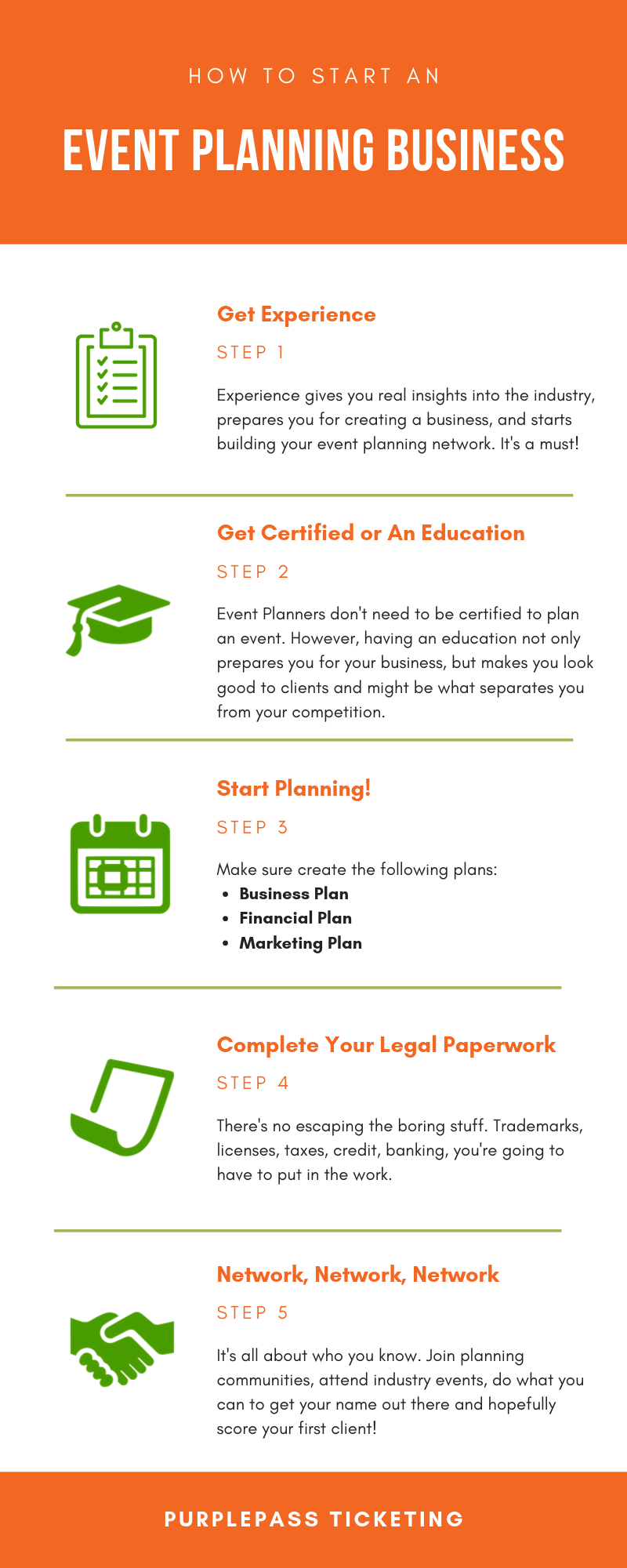
When career shifting, one must consider their qualifications and the skills that can be transferred to the new job. This includes all university degrees as well as any other skill sets. Although some skills transfer easily to new roles, others may not. It is therefore important to differentiate between hard and soft skill sets. Hard skills, which are usually more tangible, are more likely that they will translate into the new position.
Changing careers is a drastic change in your professional life
It can be exciting and thrilling for many, but it can also be stressful. Focusing on the positive aspects of your new career path is the best way to stay optimistic. You should ask yourself why you want to make the switch and what is most appealing about your new profession. You should consider how long you've been contemplating this career shift and what your skills and qualifications are to match it.
It is important that you realize that changing your job will bring about significant changes in your life. It may lead to you having to confront uncomfortable issues. First and foremost, you need to know your values. You shouldn't change your career if you don't feel passionate about what you do.

It can be terrifying
For many, career shifting can be a difficult decision. Not only does it involve a total overhaul of one's current career, but it also means a new start. The process of changing careers can be overwhelming, but if done correctly, it can be a wonderful way to take control over your life.
Your fears are the first step towards career change. Write down the fears you have. While it may take you an hour to do this, you should write down all your fears and reasons for not changing. Take that time to reflect on what you would change and how you would approach this new situation.
It's much easier than making a career shift.
Before you start a career change, you need to know your strengths as well as your weaknesses. This is crucial for a smooth transition. This is essential for a successful transition. It will be easier to make informed decisions and create an action plan. A mentor or career counselor with experience in your field can be consulted. These professionals will be able to guide you in planning your shift.
According to the Bureau of Labor Statistics, it is quite common for people to switch careers throughout their lives. One study showed that the average worker switches jobs between five- and seven times before retiring. This trend will continue to grow in the coming decades. This is due in part to the changing nature and work. Many people now work part time, flexibly or from home.

It increases your salary
Switching companies is one of the best ways increase your salary. You can increase your salary by switching jobs. In some cases, you may even get a pay raise. Most places will adjust your salary according to the cost of living. Your chances of getting a salary raise within your company are much lower than if your goal was to find a job elsewhere. This is because your current employer knows you well and has a good idea of your value. It can be frustrating to deal with the same employer.
Another benefit of a new job is the opportunity to gain experience and responsibilities in a different field, which can help you progress your career. You may also be able to receive benefits or other compensation by career-changing. Before you make the decision to change careers, consider both the risks and the perks.